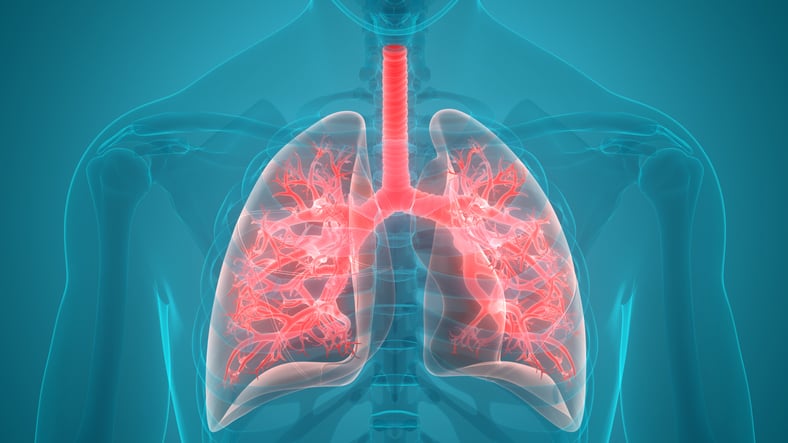The most common serious illness is pneumonia, which can be acquired in the community or in the hospital. Despite all of the new technologies and advances, pneumonia is still difficult to detect clinically due to the lack of a “gold standard” way of diagnosis. This ambiguity is at least partly to blame for the overuse and abuse of antibiotics in the community and in hospitals, and it seems likely that this practice is a major driver of antibiotic resistance. Biomarkers have the potential to enhance the clinical assessment of a patient with a clinical suspicion of pneumonia. C-reactive protein and procalcitonin have been widely investigated and utilised in clinical practice, and their function in triage, diagnosis, risk stratification, monitoring clinical progress, and antibiotic stewardship has been well evaluated. Both biomarkers demonstrated that its usage as an adjunct tool might be beneficial in the treatment of pneumonia.
Recently, “omics” technologies have been employed as novel methods in pneumonia. These intriguing technologies have the potential to enhance pneumonia care in the near future.
Reference:https://journals.lww.com/clinpulm/Abstract/2019/07000/Biomarkers_in_Pulmonary_Infections.4.aspx


